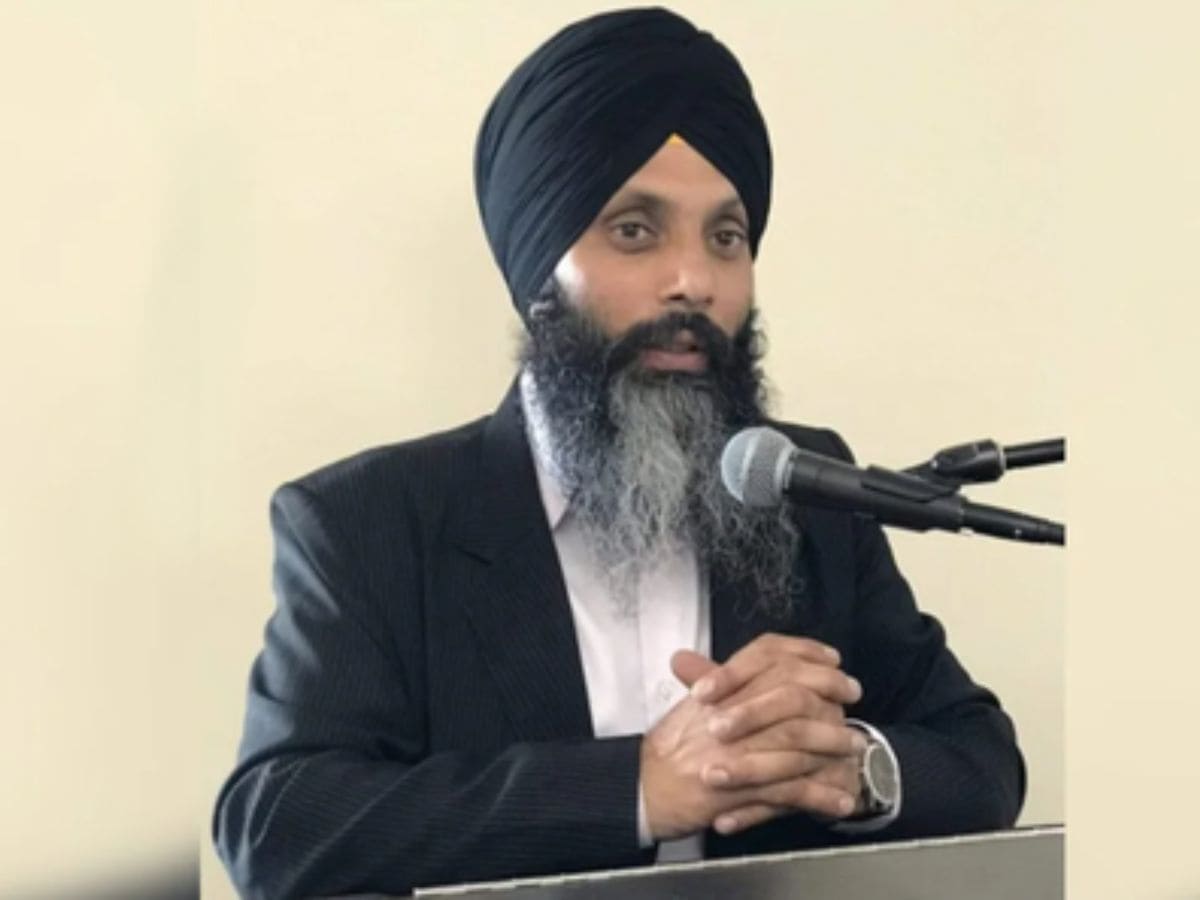
Toronto: Canada’s Royal Canadian Mounted Police (RCMP) is expected to arrest two men, who investigators believe fatally shot Sikh separatist leader Hardeep Singh Nijjar in June this year, and are still in the country, a media report said.
The suspects, who have been under police surveillance for months, can be arrested and charged in a matter of weeks, The Globe and Mail newspaper reported, citing sources.
The three sources told the daily that police will explain the alleged assassins’ involvement and that of the Indian government when charges are laid against the two men.
It remains unclear whether the RCMP are expected to arrest any suspected accomplices in the slaying, especially after The Washington Post reported in September, citing video footage and witness accounts, that at least six men and two vehicles were involved in the killing.
The RCMP is yet to respond to questions from the daily about the investigation and whether charges were imminent.
Nijjar, 45, was fatally shot multiple times by unidentified gunmen outside a Sikh temple in British Columbia province on June 18, following which Prime Minister Justin Trudeau accused the Indian government in September of being involved in the shooting.
India vehemently denied Trudeau’s claims, calling them “absurd and motivated” after which bilateral relations went off the course with tit-for-tat expulsion of diplomats, New Delhi temporarily suspending visa operations in Canada, and Ottawa calling off trade talks.
According to the Indian government, Nijjar was “actively involved in operationalising, networking, training and financing” members of the banned militant group Khalistan Tiger Force.
Reacting to Trudeau’s remarks, India’s Ministry of External Affairs said, “as far as Canada is concerned, they have consistently given space to anti-India extremists and violence. That is at the heart of the issue”.
In an interview to Canadian Press this month, Trudeau said that his statement linking Indian agents to the killing of Nijjar was meant to deter India from repeating a similar action in the country.
He said the message was intended as an extra ‘level of deterrence’ as “too many Canadians were worried that they were vulnerable”.
